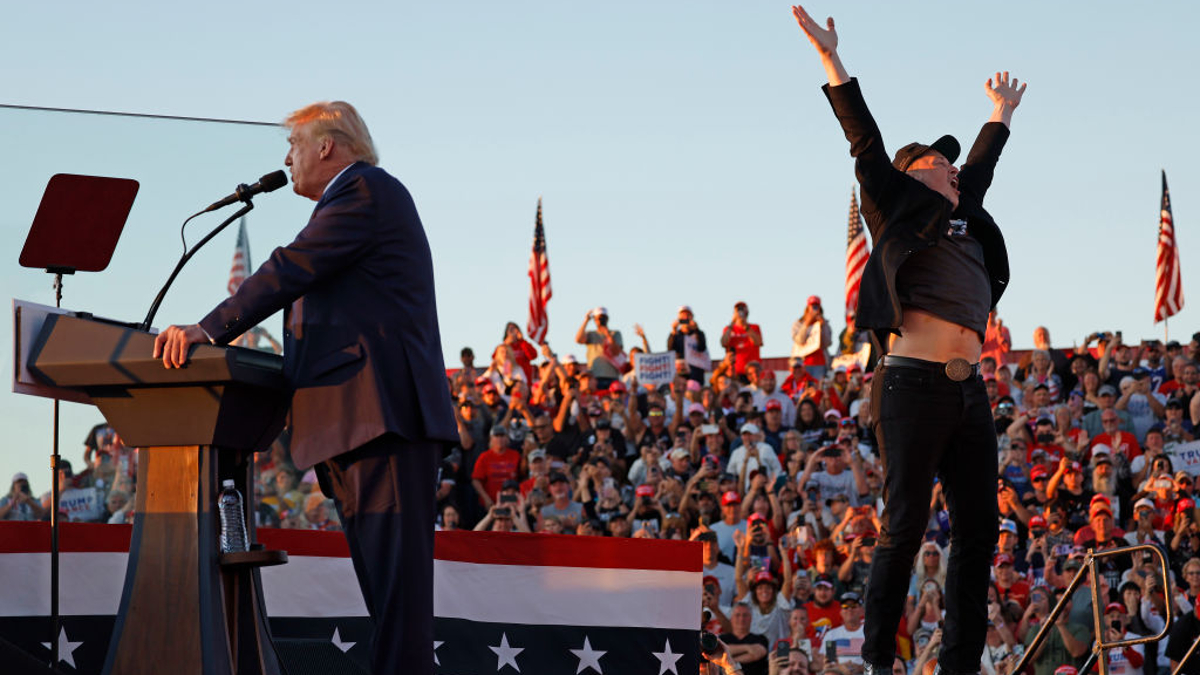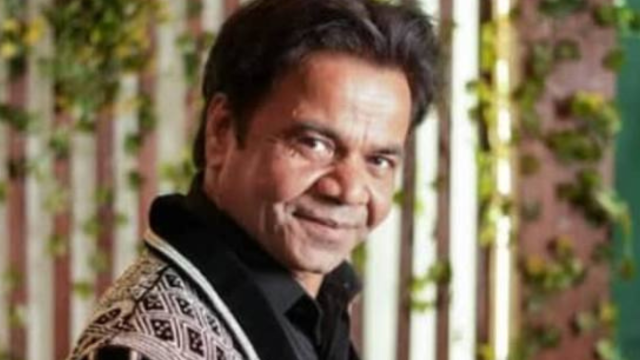If there were a competition for public figures who excel at being embarrassing, Elon Musk would be sprinting ahead of the pack. Take the nickname “Apartheid Clyde,” given to him by rapper Azealia Banks. It paints Musk as the grown-up version of that one spoiled kid on the playground who takes their ball and stomps off the moment things don’t go their way.
He loudly declares himself a “free speech absolutist,” but what happens when someone posts something he doesn’t like? Cue the tantrums and sudden bans. Add in his bizarre obsession with slapping the letter “X” onto everything he touches, and you’ve got a guy who seems to make it his life mission to outdo himself in the cringe department.
Musk has recently started throwing his financial weight behind the Republican Party, which has only made his actions seem even more hypocritical. This shift is especially galling when you consider his background as an immigrant to the United States.
To clarify, Musk is a naturalized citizen, meaning he gained U.S. citizenship through a formal legal process rather than being born with it. But here’s the kicker: According to The Washington Post, Musk might have started his journey in the U.S. by working illegally, violating the terms of his student visa.
If he had done this to survive—say, working long hours at a minimum-wage job to scrape by—many would sympathize. But Musk? He didn’t need the cash. Born into wealth, he had access to resources most people can’t even dream of. Instead of following the rules, he allegedly leaned on his family’s fortune to skirt the system.
Back in 1995, Musk landed in the U.S. with a student visa, enrolled at Stanford University, and then promptly dropped out. Rather than hitting the books, he launched a startup, Zip2, which wasn’t exactly legal under his visa status. And what did he do when faced with this awkward little problem? He reportedly hired lawyers to fudge the details, keeping his name off documents and scrubbing his U.S. address from anything official.
Musk has denied these claims, insisting he had the proper visas, like a J-1 student visa and later an H-1B for skilled workers. However, he’s never fully clarified when or how he made the switch, only admitting that he operated in a “gray area.” If that’s not an indirect way of saying “Yeah, maybe I did bend the rules a bit,” what is?
In an ideal world, someone with Musk’s track record would be held accountable. But in America, the rules seem to apply differently depending on your bank balance. While average people can face life-altering consequences for minor infractions, the ultra-wealthy often glide through life with impunity.
So, while Musk may loudly proclaim his love for fairness and meritocracy, his own story is a reminder of how money and privilege can make even the most questionable actions disappear into a cloud of expensive legal maneuvering.
In short, Musk isn’t just embarrassing because of his quirky antics or over-the-top persona. It’s the glaring hypocrisy and privilege underpinning it all that make him the poster child for cringe-worthy public figures.




